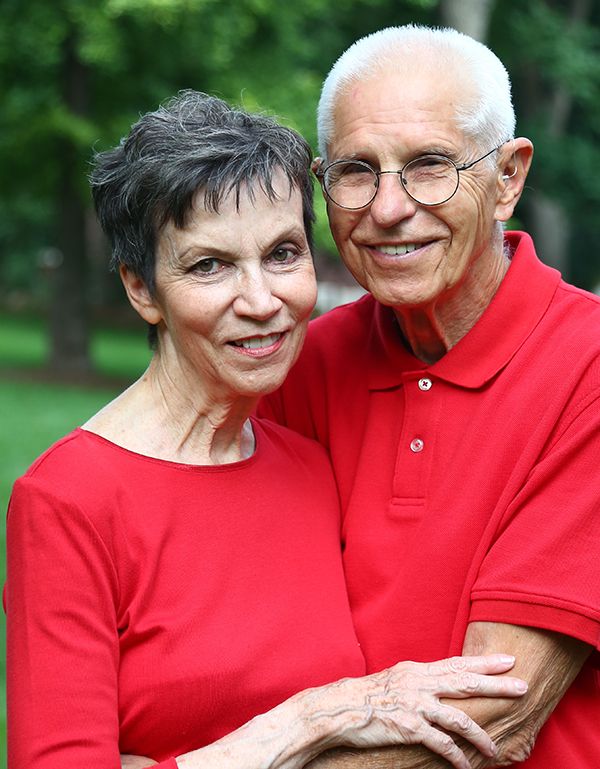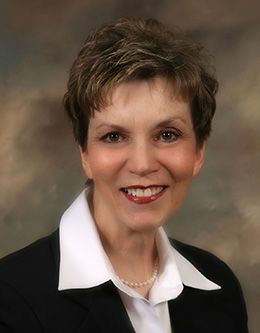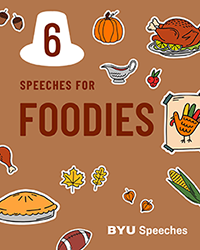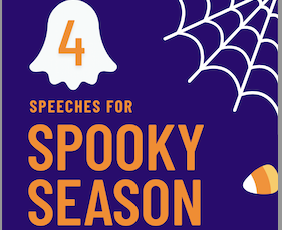Crooked Paths on the Journey of Marriage
April 11, 2019 • Blog Post

John and I have been married for 23 years. It’s the second marriage for both of us, and he is 16 years my senior. He brought five grown children, and I brought three teenagers into our union. When we met, it was love at first sight for him, and he was smitten for life. It took me a little bit longer, but I finally succumbed to his charm and elegant courting. His background as a successful academic physician and his love of music, arts, literature, and science also helped to nudge me toward him.
He came to me with a list of qualifications for his future wife. At the top of his list was full activity in the Church. He wanted to be married in the temple. I didn’t have a list, but I would never have considered anyone without that same commitment. We were married in the Manti Temple, a place we both loved for its history and beauty. Dressed in white, we were surrounded by family and friends.
Growing Together and Apart
Our marriage adventure continued on a relatively straight path toward forever joy. We expected challenges in adapting to each other’s children, his California commute, and my demanding work elsewhere, but we knew we could do it. And we managed those challenges admirably, if we do say so ourselves.
My career brought opportunities in Georgia and Texas, and he followed me with pride, arranging his own professional activities around the demands of my career. We knew enough about each other’s work to share a marvelous friendship. We read and edited each other’s writing, inspired each other’s ideas, and sparred about how to manage each other’s leadership assignments.
Four years ago, I was diagnosed with an aggressive breast cancer with a guarded prognosis. It was the first time I ever saw John cry. Through an entire year of grueling treatment, he remained steady as a loving and concerned “nurse” and husband. I retired, and we returned to our home in Utah. John pored over studies that predicted my statistical demise. I wanted information on my own case, but I did not appreciate his emailing of studies confirming my less than 20 percent chance of survival. He gradually valued science over faith, and he still fears for my future.
I, however, moved further in the opposite direction. I needed faith now more than ever. I sought blessings from others with faith, and I resented what I perceived as John’s decision to reject God and the Church. I did not understand. Why now? Why would he turn away from the very criterion by which we chose each other for marriage? I tried to find a way to live “in parallel,” each of us on a different path that may only cross or intertwine on mere friendship and love. I became spiritually lonely. John came to church for me, but it did little to relieve my loneliness.
Daily Commitment
Nevertheless, we loved each other, had fun together, and enjoyed our lives together. But our marriage had certainly encountered a bump. Then, we were hit with the thing we least expected. My handsome, bright, highly-educated, successful physician husband was diagnosed with dementia. Almost immediately, we shared a deep, previously unknown kind of grief. I saw John cry for the second time. My resentment for John’s decision immediately turned to compassion, and my love for him intensified.
That does not mean life is easy. I am still ambushed by irritation and loneliness. Our course is guaranteed to become more difficult. The weight of my growing one-sided burden of responsibility is sometimes overwhelming. The decisions are dizzying. Was it his condition that affected his waning spiritual belief? I don’t know. I don’t have the answers. But I am learning that our daily life of love and commitment to each other, minute by minute, is what is most important now.
I am learning from the teachings of Elder Marlin K. Jensen that “very little love can come from one who is not at peace with [herself] and [her] God. . . . No one can be concerned about the welfare of someone else and give love to another until [she] has taken care of [her] own soul” (“Loving with the Spirit and with the Understanding,” 28 March 1993). That is my personal challenge—that is my work to do.
Deep, Unconditional Love
I pray for the extension of my own life—after all, I still have cancer—that I may continue to care for John. I trust that it will happen, as I have been blessed by a trail of miracles. John has expressed that he wishes he could believe as I do, but he is content in his hope for a continued journey of love and eventual peace. I believe he will have that blessing.
And so we continue our mortal passage on parallel paths, joined at important junctures by love and devotion to each other. Each of us is learning different lessons. Elder Jensen reminds us, “The giving of ourselves to one another that occurs in an eternal marriage is an unconditional giving of the whole person for the whole journey. None of us knows at the time we marry what life will bring.”
My former colleague Brent Slife noted, “Perhaps surprisingly, true unselfishness isn’t necessarily experienced as sacrificial, because the other who is loved is literally part of us” (“The Experience of Love and the Limitations of Psychological Explanation,” 16 May 2017). John is part of me; I am part of him. We are sealed together eternally.
Most days, we find renewed love and recognition of little miracles like a private joke, our neighbor bringing tulips, or sharing music. John moves toward a hopeful peace. I pray alone and feel the nightly embrace of the Spirit offering faith and hope that our journey, however crooked its path, will take us together back to God.

Elaine S. Marshall was dean of the College of Nursing at Brigham Young University, where she served as faculty for 21 years. She held an endowed chair in nursing at Georgia Southern University and a distinguished professorship at the University of Texas Health Science Center at San Antonio. She and her husband are parents of 9 children and 25 grandchildren. She currently teaches Gospel Doctrine in her ward.



